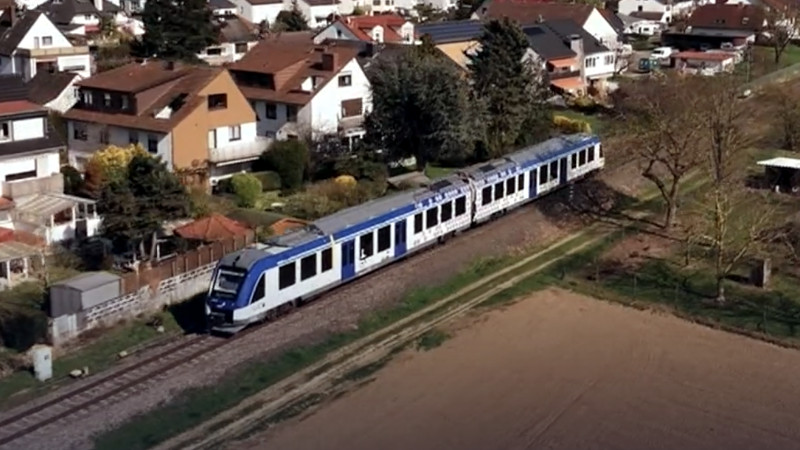United Airlines Flight Diverts Due to Cargo Door Indicator Malfunction
In a recent incident that highlights the importance of aviation safety protocols, a United Airlines Boeing 777 was forced to divert its flight path after a malfunctioning indicator led the pilots to believe that the cargo door was open. This event unfolded on Sunday during Flight 1731, which was en route from Kona International Airport in Hawaii to Denver, Colorado.
Initially scheduled to arrive in Denver around 5:30 a.m. local time on Monday, Flight 1731 took off with high expectations. However, approximately three hours into the flight, as the plane was traversing the vast expanse of the Pacific Ocean, the aircraft descended below 10,000 feet, as confirmed by data from Flightradar24. The Boeing 777 ultimately landed safely in San Francisco shortly before 4 a.m., resulting in a total travel time of nearly six hours, significantly longer than the usual flight time of about six hours to Denver.
The decision to descend was not taken lightly. The Federal Aviation Administration (FAA) reported that the pilots had received an alert indicating that the cargo door might have been open. Understanding the gravity of such a situation, where an open door could jeopardize flight safety, the flight crew opted to divert to the nearest airport to investigate the matter thoroughly.
Upon further inspection, it was determined that the actual issue lay not with the cargo door itself but with the indicator that had malfunctioned, prompting the unnecessary alarm. A spokesperson for United Airlines clarified that the diversion was a precautionary measure taken to address the malfunctioning door sensor, which underscores the airline's commitment to ensuring passenger safety at all costs.
Interestingly, the aircraft involved in this incident has been in service for 28 years, raising questions about its maintenance history and the potential for age-related issues that might contribute to such malfunctions. Onboard were a total of 360 passengers accompanied by a crew of 10, all of whom were understandably anxious during the unexpected turn of events.
To alleviate the situation for the displaced passengers, the airline promptly arranged for a different aircraft to transport them to their original destination of Denver on Monday morning. Meanwhile, the FAA has announced that it will conduct an investigation into the incident, ensuring that all safety procedures were followed appropriately and addressing any underlying issues that may have contributed to the indicator malfunction.
The significance of this diversion cannot be overstated, as the potential consequences of an open cargo door can be catastrophic. Historically, aviation has witnessed some tragic incidents linked to cargo door failures, including the infamous 1974 disaster involving a Turkish Airlines McDonnell Douglas DC-10, which resulted in the loss of all 346 individuals on board due to explosive decompression. Such events have led to stringent safety measures in modern aviation.
Advancements in technology and enhanced safety regulations have made such occurrences increasingly rare; however, this incident serves as a reminder of the critical need for vigilance in aviation safety protocols. As the aviation industry continually evolves, incidents like this highlight the importance of thorough checks and the proactive measures taken by flight crews to ensure the well-being of passengers.























